
How Y Combinator Contributed To My Startup Journey: A S19 Founders Perspective
Discover how Y Combinator's startup community and resources propelled my company to success. A startup founder shares their transformative YC experience.
As a software engineer and CTO who has navigated the tumultuous waters of the startup world, I can confidently say that few experiences have been as transformative for my company as participating in Y Combinator (YC). This renowned startup accelerator, which has birthed tech giants like Dropbox, Airbnb, and Stripe, provided us with the guidance, network, and resources we needed to accelerate our growth and avoid costly pitfalls. In this blog post, I want to share my YC journey with fellow founders and startups considering applying to this prestigious program. Buckle up, because it's quite a ride!
The Decision to Apply to Y Combinator
Recognizing the Need for Mentorship
When my co-founder and I first started building our company, we were filled with the typical startup mix of unbridled optimism and naivete. We had a vision for a groundbreaking product and the technical chops to build it, but we quickly realized that creating a successful business required much more than coding prowess. We needed mentorship from people who had been in our shoes and guidance on everything from hiring to fundraising to sales. That's when we started seriously considering applying to Y Combinator.
Weighing the Pros and Cons
Of course, the decision to apply to YC wasn't made lightly. We knew the program would require us to relocate to the Bay Area for several months and give up 7% of our company. Plus, the application process itself was daunting - rumor had it that the acceptance rate was lower than Harvard's! But as we researched YC and talked to alums, it became clear that the pros far outweighed the cons. The network alone - built-in access to top investors, journalists, and potential hires - was worth its weight in gold. And the intensive, no-BS mentorship was exactly what first-time founders like us needed. We decided to take the plunge and apply.
The Y Combinator Experience
The Famous YC Interview
I'll never forget the 10-minute interview at YC that would determine the fate of our company. We rehearsed our pitch countless times, but nothing could fully prepare us for rapid-fire questions from some of the sharpest minds in Silicon Valley. "What are you building? Who are your competitors? How will you make money?" They cut right to the core of our business. It was intense, exhilarating, and over in a flash. A few hours later, we got the call - we were in! That 10-minute interview proved to be the doorway to the opportunity of a lifetime.
Drinking from the Firehose
The next three months were a blur of weekly dinners with startup royalty, office hours with YC partners drilling into our business model and metrics, and late nights coding alongside the most talented developers I've ever met. YC has a well-earned reputation as a startup bootcamp, and they certainly put us through our paces. But hard as it was, it was exactly the crucible we needed to refine our product, our pitch, and our vision. Some of the most valuable lessons I learned:
- Laser focus is everything. YC taught us to ruthlessly prioritize and say no to distractions.
- Launch early and often. No amount of strategizing can replace real user feedback.
- Metrics are your new religion. You must know your numbers inside and out.
- Storytelling matters. The most successful founders are masters at selling their vision.
Demo Day: The Grand Finale
All the blood, sweat, and tears of the program culminate in Demo Day, when the batch of YC startups present to an audience of the world's top investors and press. The months of coaching and iteration paid off as we delivered a crisp, compelling two-minute pitch that spawned dozens of investor meetings. While Demo Day itself is just the beginning of the fundraising marathon, it's an unparalleled opportunity to build momentum and open doors that would otherwise remain firmly shut.
Life After Y Combinator
Turbo-charging Our Network
One of the most lasting benefits of YC has been the incredible network it plugged us into. Our batch mates have become trusted friends and advisors, always willing to make an introduction or lend an ear. YC's alumni network is a who's who of the startup world, and being part of it has given us access to potential hires, customers, and partners that we never would have met otherwise. It's like having an all-star Rolodex on speed dial.
Avoiding Common Pitfalls
Perhaps more valuable than what YC taught us to do was what it taught us not to do. Through the war stories of alums and the sage advice of partners, we learned to sidestep many of the landmines that can blow up a startup: founder infighting, premature scaling, toxic hiring, poor financial planning. While we haven't avoided every pothole (what startup does?), YC gave us a roadmap around the biggest ones.
Accelerating Our Growth
Ultimately, the proof of YC's impact is in our company's trajectory. In the year since we completed the program, our revenue has grown 10x, our team has quadrupled in size, and we've raised a substantial Series A from dream investors. We still have a long journey ahead, but YC has undoubtedly accelerated our progress and upped our odds of success. For that, I'll be forever grateful.
Is Y Combinator Right for You?
If you're a startup founder considering applying to Y Combinator, here's my advice:
- YC is best for early-stage companies. If you're pre-launch or just beginning to get traction, it can be game-changing.
- Be prepared for intense, rapid growth. YC is a pressure cooker by design.
- Take advantage of the network. The YC community is an unparalleled resource - use it!
- Come with an open mind. YC will challenge your assumptions and push you out of your comfort zone. Embrace it.
- Don't treat it as a silver bullet. YC provides rocket fuel, but you still have to steer the ship.
Ultimately, Y Combinator was a defining chapter in my startup journey - one that I believe every ambitious founder should seriously consider. The experience is intense, exhausting, and absolutely worthwhile. If you're ready to pour jet fuel on your company's growth, there's no better place to do it than YC.
Lessons Learned from Y Combinator
As I reflect on my Y Combinator experience, several key lessons stand out that I believe can benefit any startup founder, whether they participate in YC or not.
The Power of Focus
One of the most transformative aspects of YC was the relentless emphasis on focus. In the early days of a startup, it's tempting to chase every shiny opportunity and say yes to every request. But as YC drilled into us, startups die from lack of focus, not starvation. By ruthlessly prioritizing our efforts on the things that truly mattered - our core product, our key metrics, our most promising customers - we were able to achieve far more than if we had scattered our energy in a dozen directions.
The Importance of Speed
Another YC mantra that has stuck with me is "move fast and break things." In the startup world, speed is a competitive advantage. The faster you can iterate, learn, and improve, the more likely you are to outpace rivals and meet the evolving needs of your customers. YC encouraged us to launch early, gather data quickly, and make decisions rapidly. This bias for action has become deeply ingrained in our company culture.
The Value of Storytelling
As a software engineer, I used to believe that the best technology would automatically win. YC taught me how naive that view was. In reality, the startups that succeed are often the ones that tell the most compelling stories. Through relentless pitching practice and feedback, YC helped us hone our narrative and communicate our vision in a way that resonated with investors, customers, and recruits. Storytelling has become one of our most powerful tools for building momentum and buy-in.
Challenges and Criticisms of Y Combinator
While my YC experience was overwhelmingly positive, it's important to acknowledge that the program is not without its challenges and critics.
Intense Pressure and Burnout
The flip side of YC's rapid growth model is that it can be intensely stressful and lead to founder burnout. The pressure to deliver weekly progress updates, prepare for Demo Day, and scale quickly after the program can take a real toll. While YC does provide resources for founder mental health, the "move fast and break things" ethos can sometimes come at a personal cost.
Lack of Diversity
Like the tech industry at large, YC has faced criticism for the lack of diversity in its founder ranks. While the program has made efforts to increase representation in recent years, there's still significant room for improvement in funding and supporting underrepresented founders. As an industry, we need to do better at making entrepreneurship accessible and inclusive.
The Silicon Valley Echo Chamber
Some critics argue that YC perpetuates a Silicon Valley monoculture, where startups are encouraged to follow a uniform playbook of rapid growth, big funding rounds, and exit-focused thinking. There's a risk that this one-size-fits-all approach overlooks alternative models of building sustainable, impactful businesses. Founders should view YC as a powerful resource, but not the only path to startup success.
My Y Combinator journey was a transformative one. It provided our early-stage startup with the rocket fuel we needed to accelerate our growth, avoid common pitfalls, and tap into an unrivaled network of support and resources. The lessons I learned about focus, speed, metrics, and storytelling have become integral to how we operate as a company.
But YC is not a magic wand. It doesn't guarantee success, nor is it the right fit for every founder or every startup. It's an intense, high-pressure environment that reflects the best and worst of Silicon Valley startup culture.
For us, at the stage we were at, YC was an immensely valuable catalyst. If you're an ambitious founder with a promising early-stage startup, I strongly encourage you to consider applying. Go in with eyes wide open, ready to work harder than you ever have. But also go in with the confidence that you're joining a community that wants to help you succeed, and that has a track record of doing just that.
The YC experience is a lot like the startup journey itself - challenging, exhilarating, and packed with learning and growth. If you're ready for the ride, it just might be the best decision you ever make for your company.
Please feel free to contact me if I can help you decide if YC is right for your startup.
Whether you're validating an idea, scaling an existing product, or need senior engineering support—We help companies build ideas into apps their customers will love (without the engineering headaches). US leadership with American & Turkish delivery teams you can trust.
Need Developers?
We help companies build ideas into apps their customers will love (without the engineering headaches). US leadership with American & Turkish delivery teams you can trust.
















For Startups & Founders
We've been founders ourselves and know how valuable the right communities, tools, and network can be, especially when bootstrapped. Here are a few that we recommend.

Mistakes to Avoid When Building Your First Product
Learn the key mistakes founders make when building their first product—and how to avoid them for a faster, smoother launch.
Read more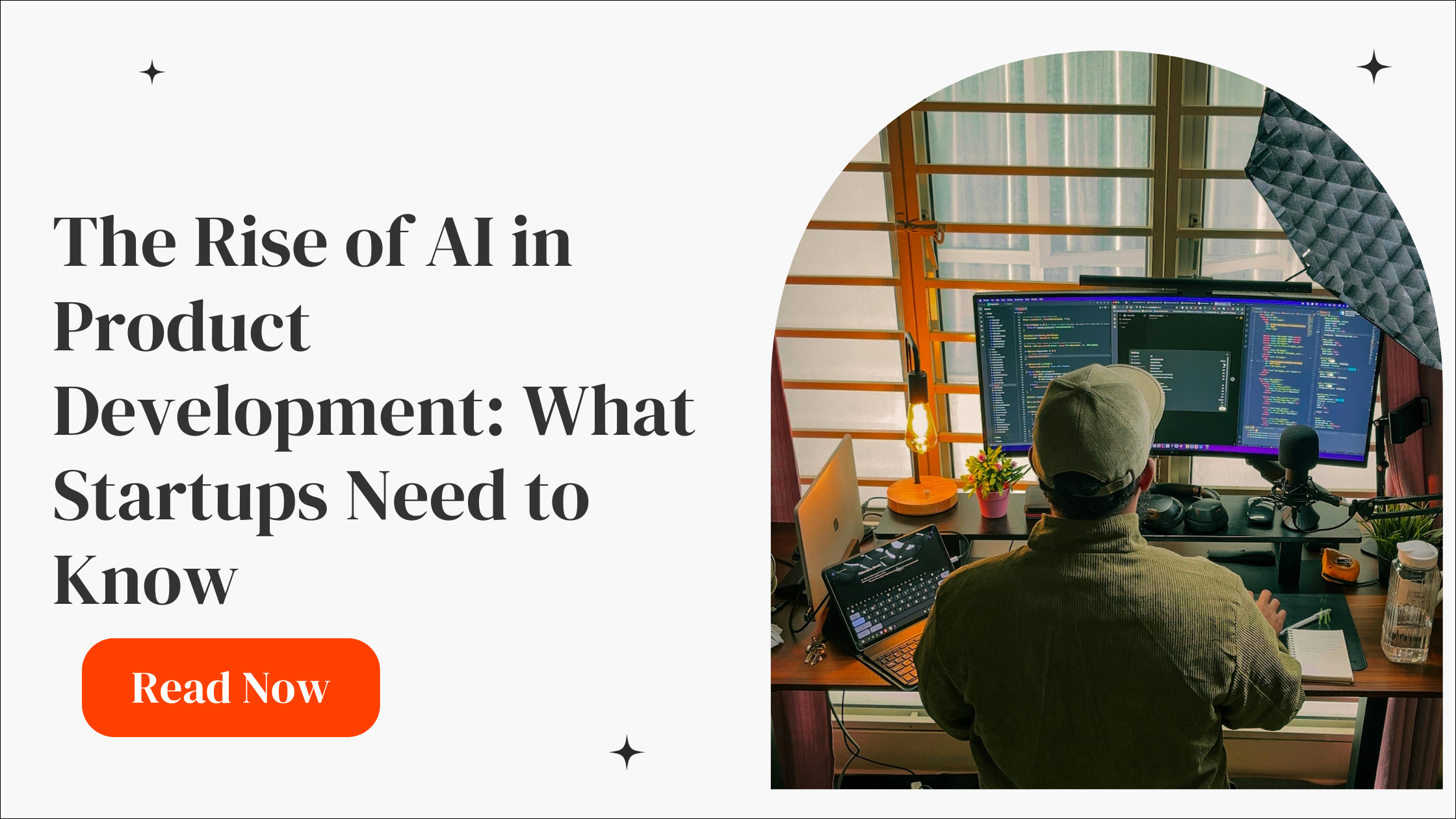
The Rise of AI in Product Development: What Startups Need to Know
Learn how AI is transforming product development for startups. From MVPs to scaling, here’s what founders need to know in today’s AI-driven world.
Read more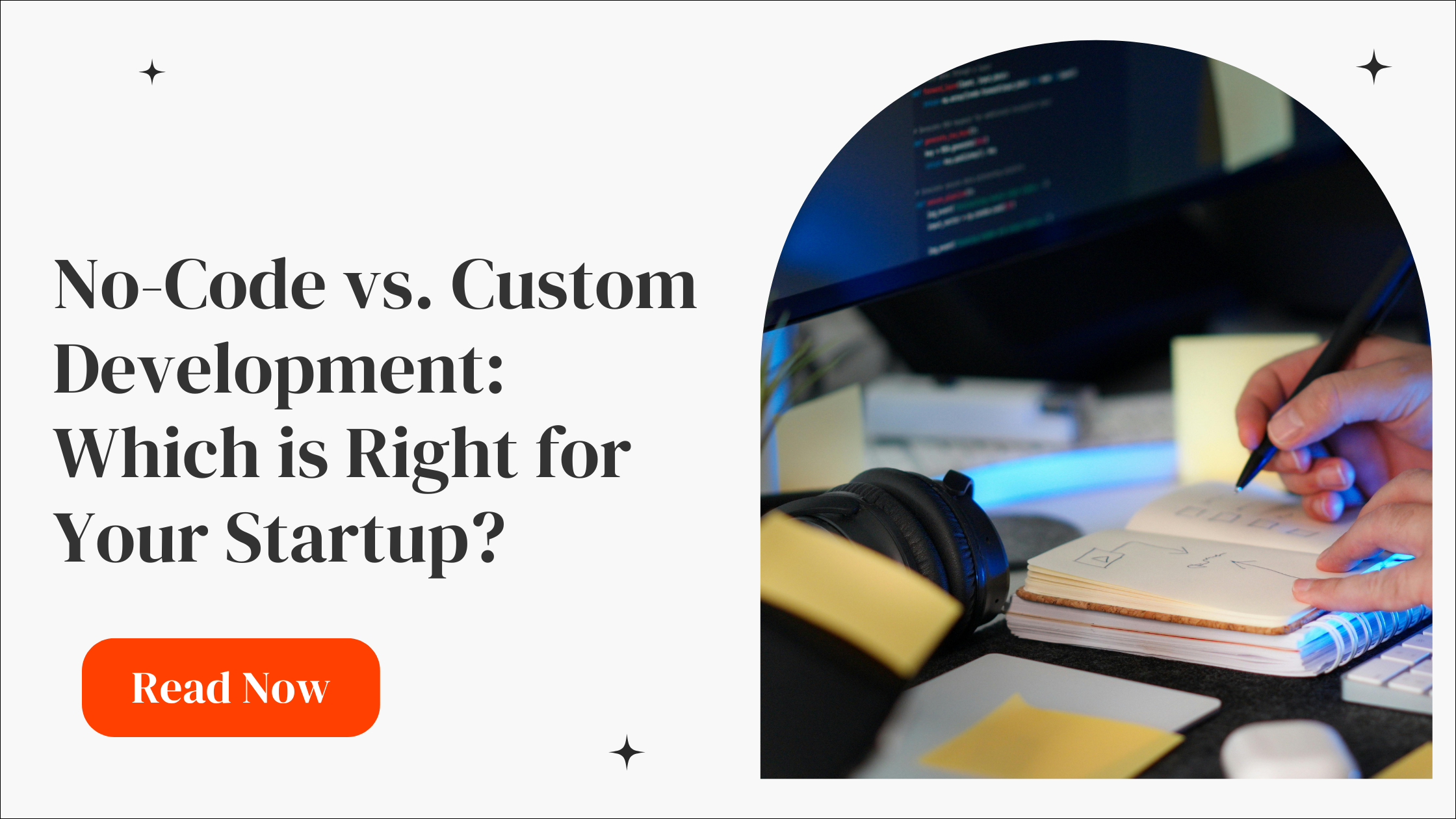
No-Code vs. Custom Development: Which is Right for Your Startup?
Weighing no-code vs. custom development? Learn which is right for your startup depending on stage, budget, and product complexity.
Read more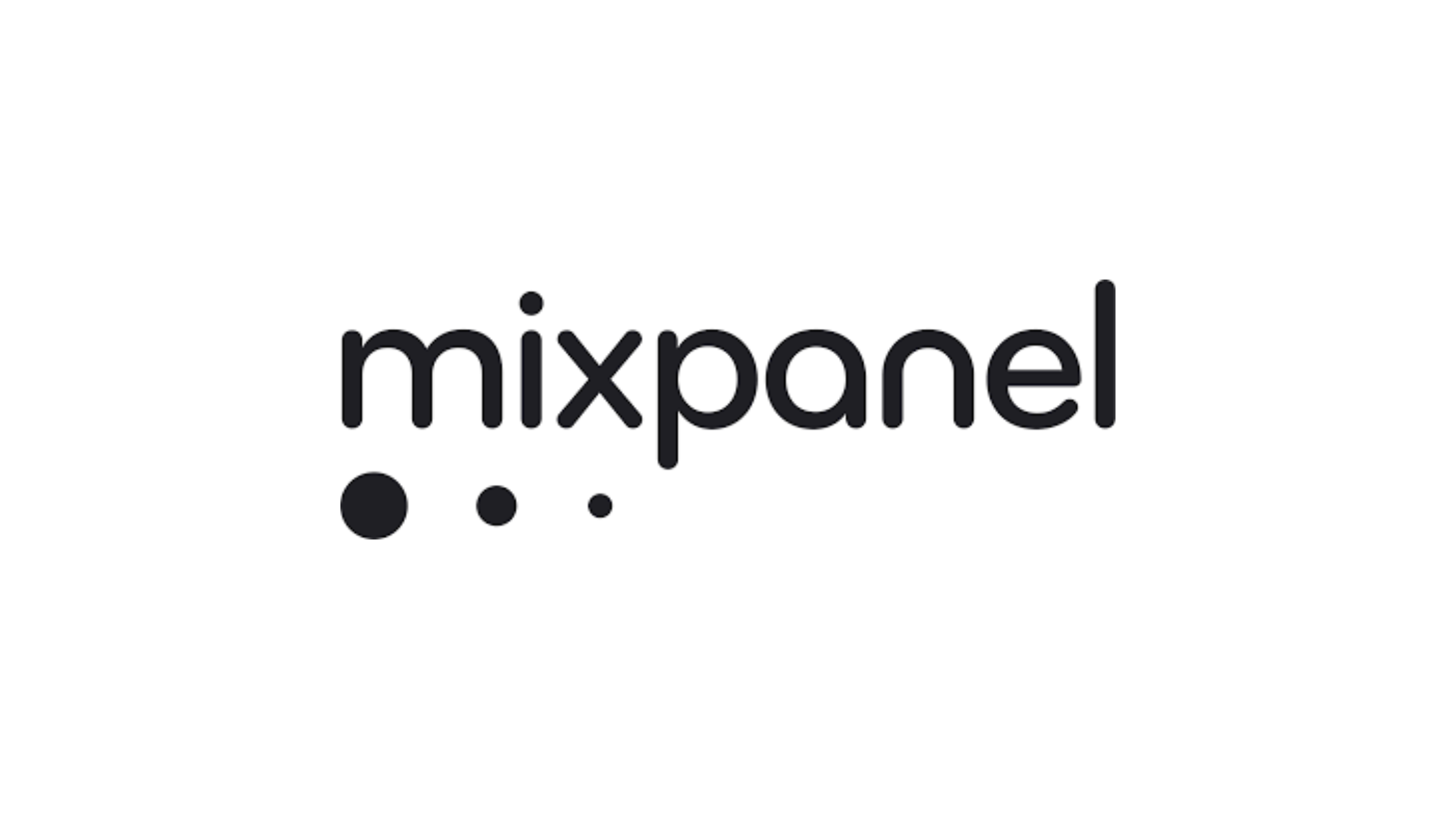
What is Mixpanel?
Learn how Mixpanel helps startups track user behavior to improve products and accelerate growth with clear data-driven insights.
Read more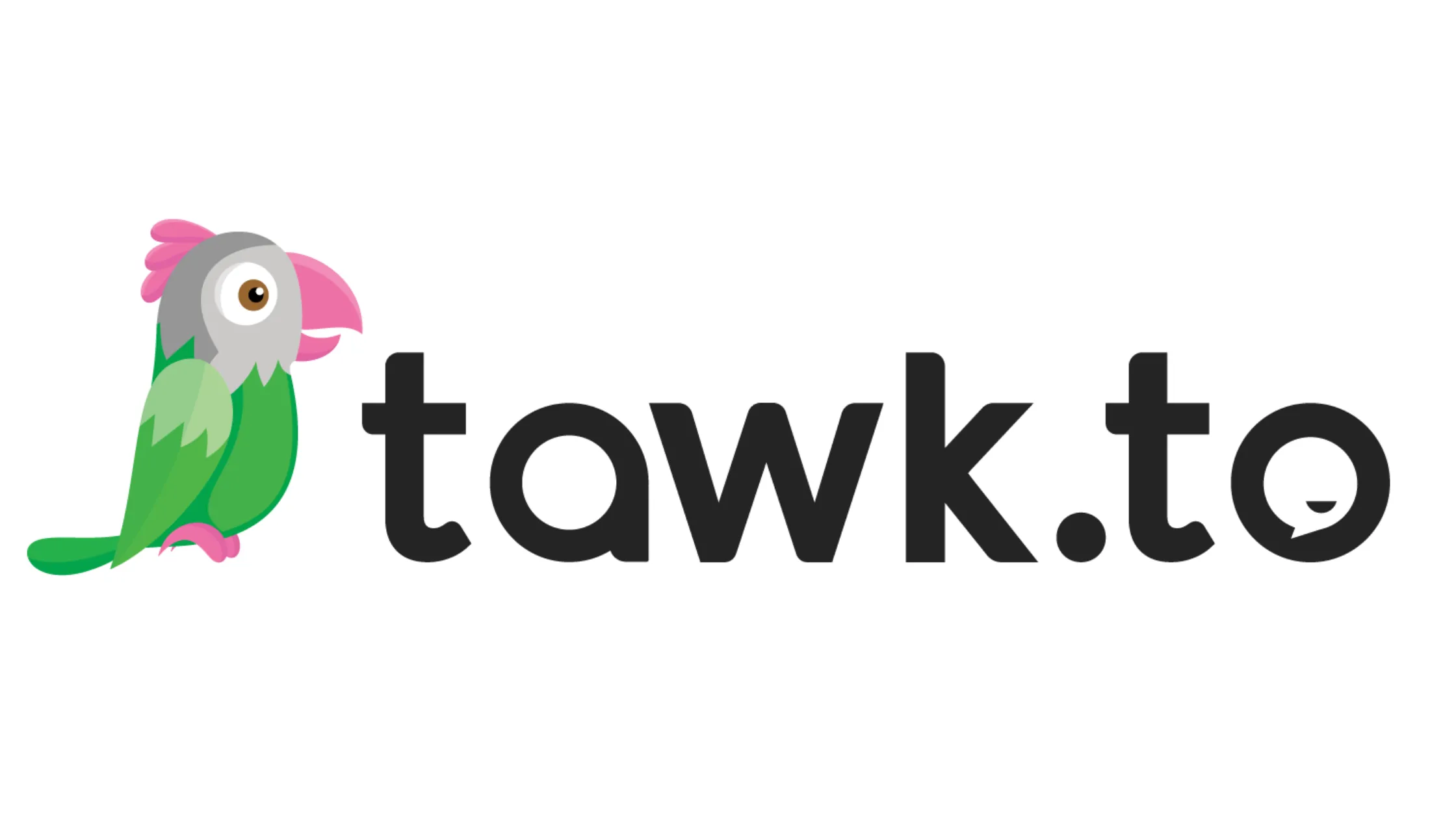
How Tawk.to Can Boost Your Startup’s Customer Support Game
Learn how Tawk.to can benefit startups by enhancing customer support and engagement. Perfect for early-stage founders!
Read more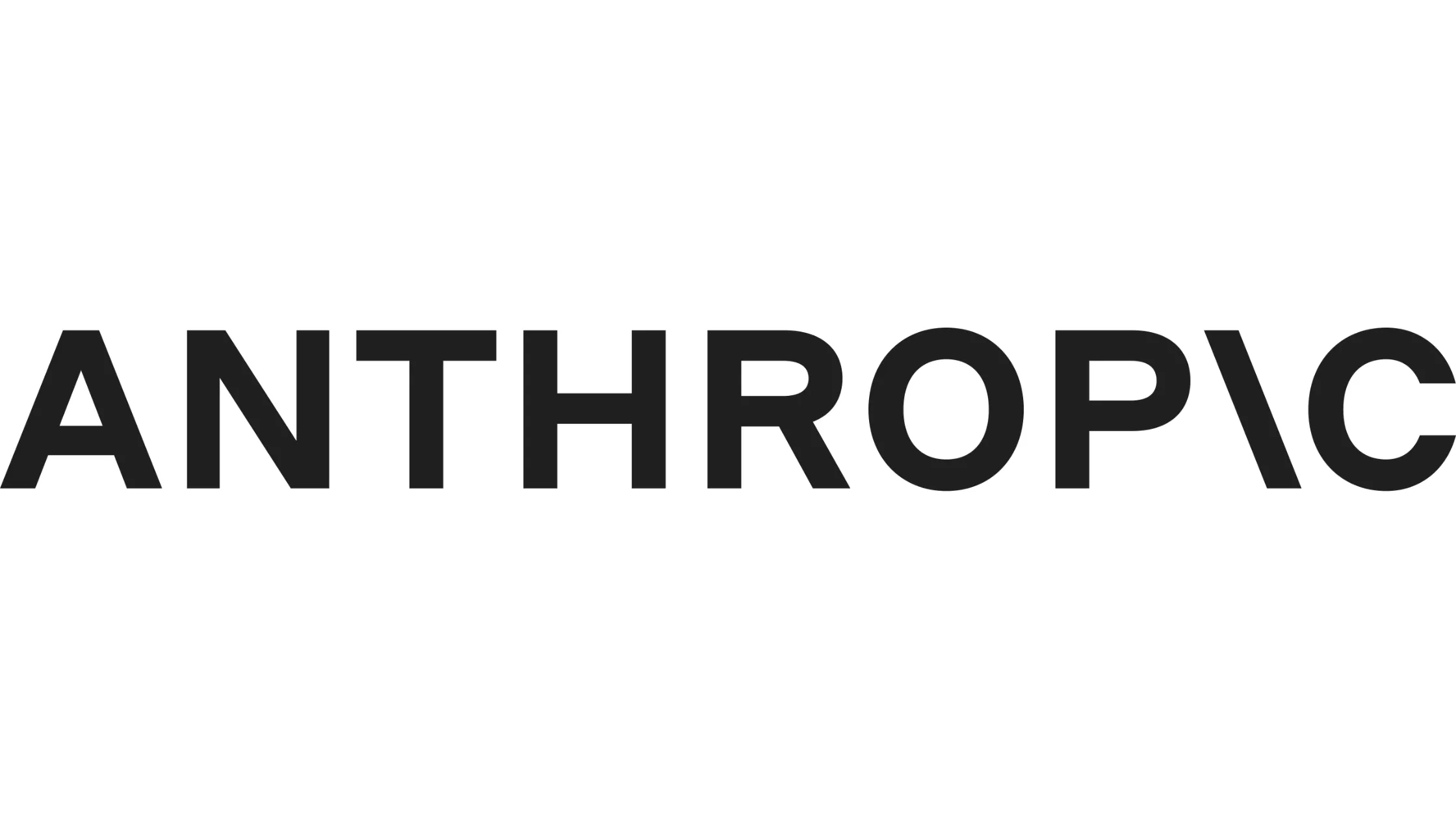
Grow Your Startup With Anthropic's AI-Powered Tools
Discover how Anthropic's cutting-edge AI tools can accelerate your startup's success. Learn about their benefits and see why they can be trusted by startups.
Read more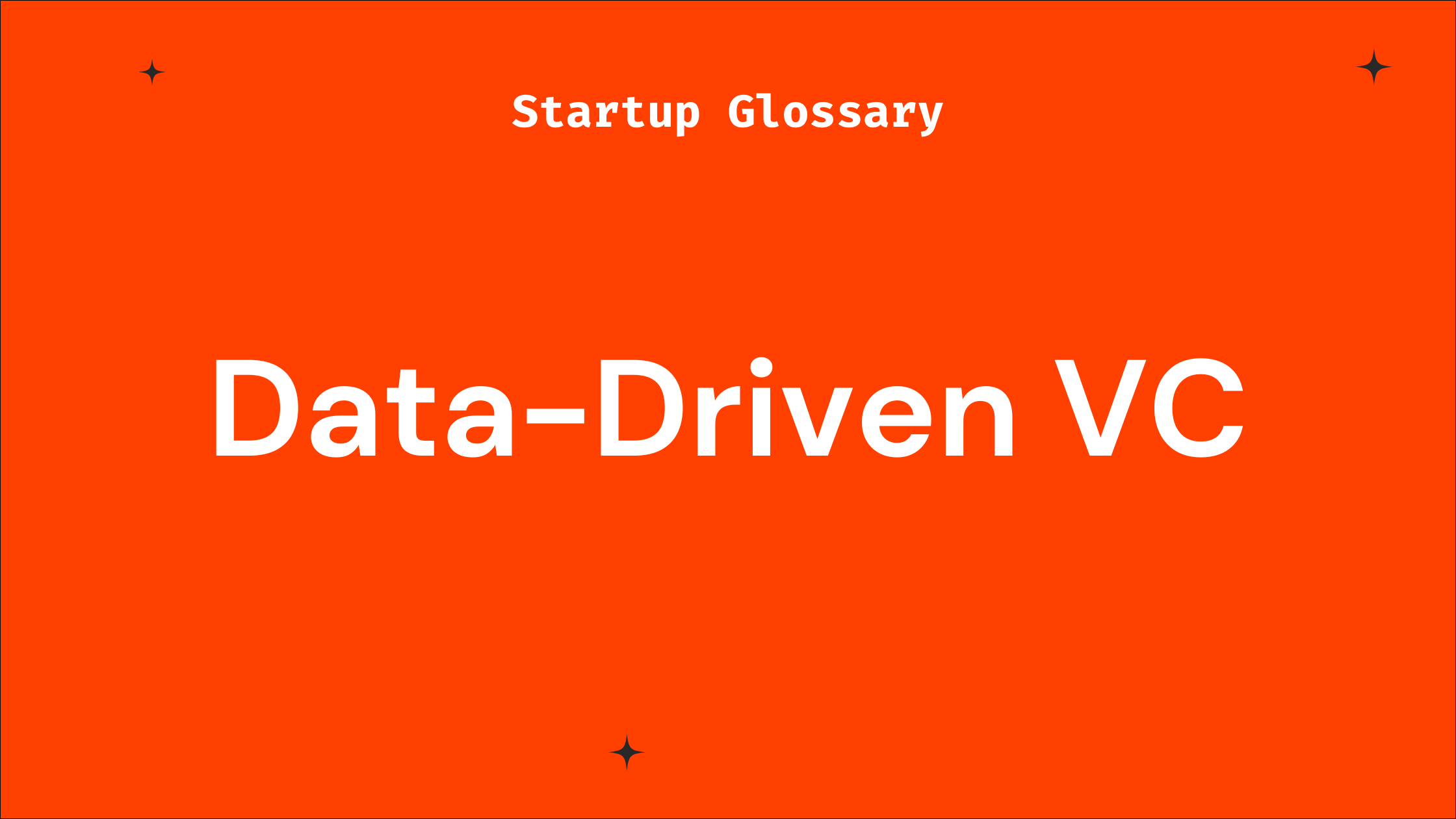
What is Data-Driven VC?
Learn what a data-driven VC means and how such investors can benefit your startup’s growth and fundraising journey.
Read more
What is Blockchain?
A beginner-friendly guide on blockchain for startup founders, covering key concepts, benefits, challenges, and how to leverage it effectively.
Read more
What is Cybersecurity?
Learn cybersecurity basics tailored for startup founders. Understand key risks, best practices, and how to protect your startup from tech threats.
Read more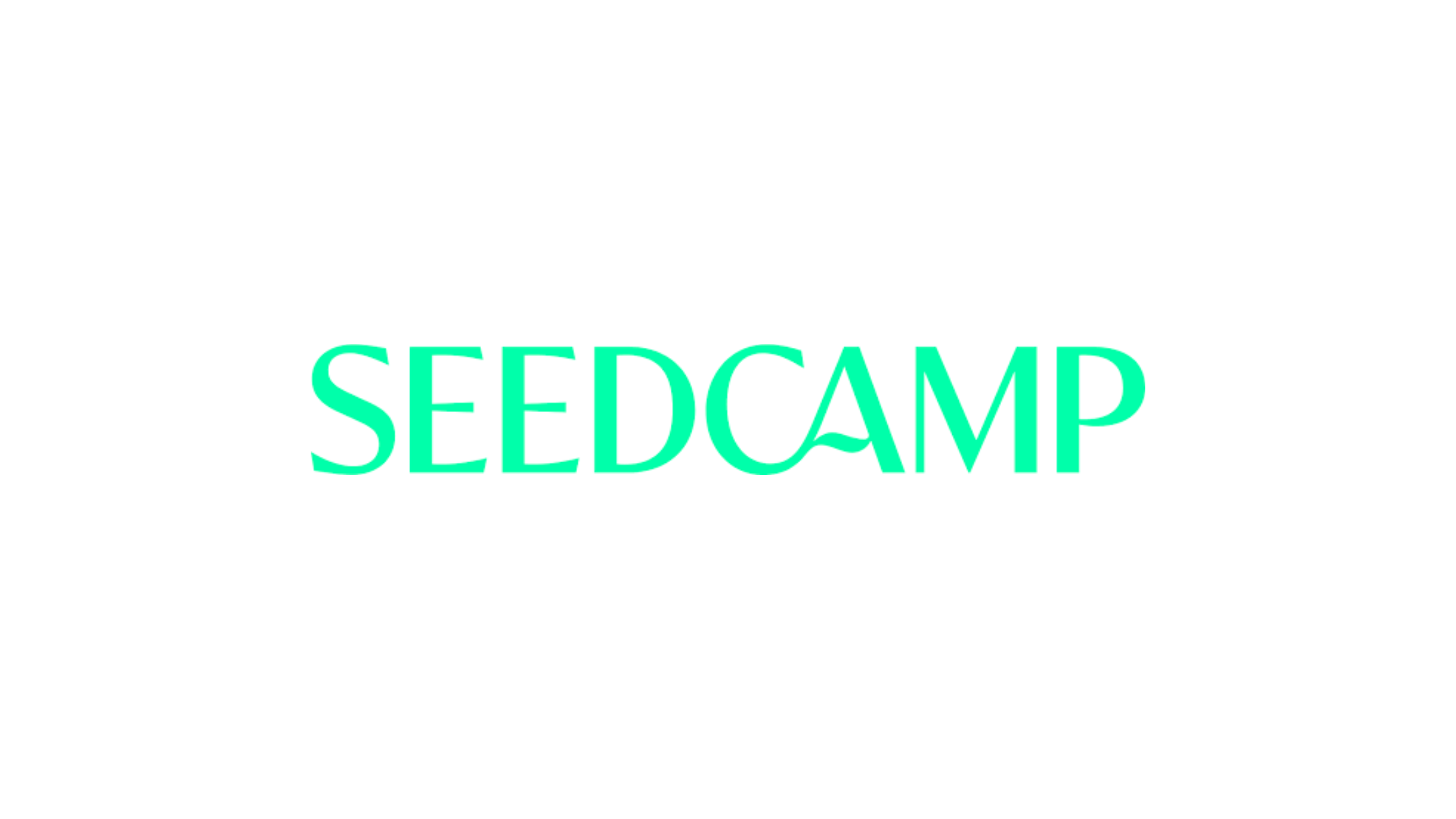
What is Seedcamp?
Learn what Seedcamp is, how its European seed fund and accelerator program work, and how founders can use its capital, mentorship, and network to scale their st
Read more
What is AngelList?
AngelList is a prime platform connecting startup founders to investors, talent, and resources to accelerate early-stage growth.
Read more
What is 500 Startups?
Learn what 500 Startups (now 500 Global) is, how its accelerator and seed fund work, and when founders should consider it—plus tips for early-stage startups.
Read more.webp)